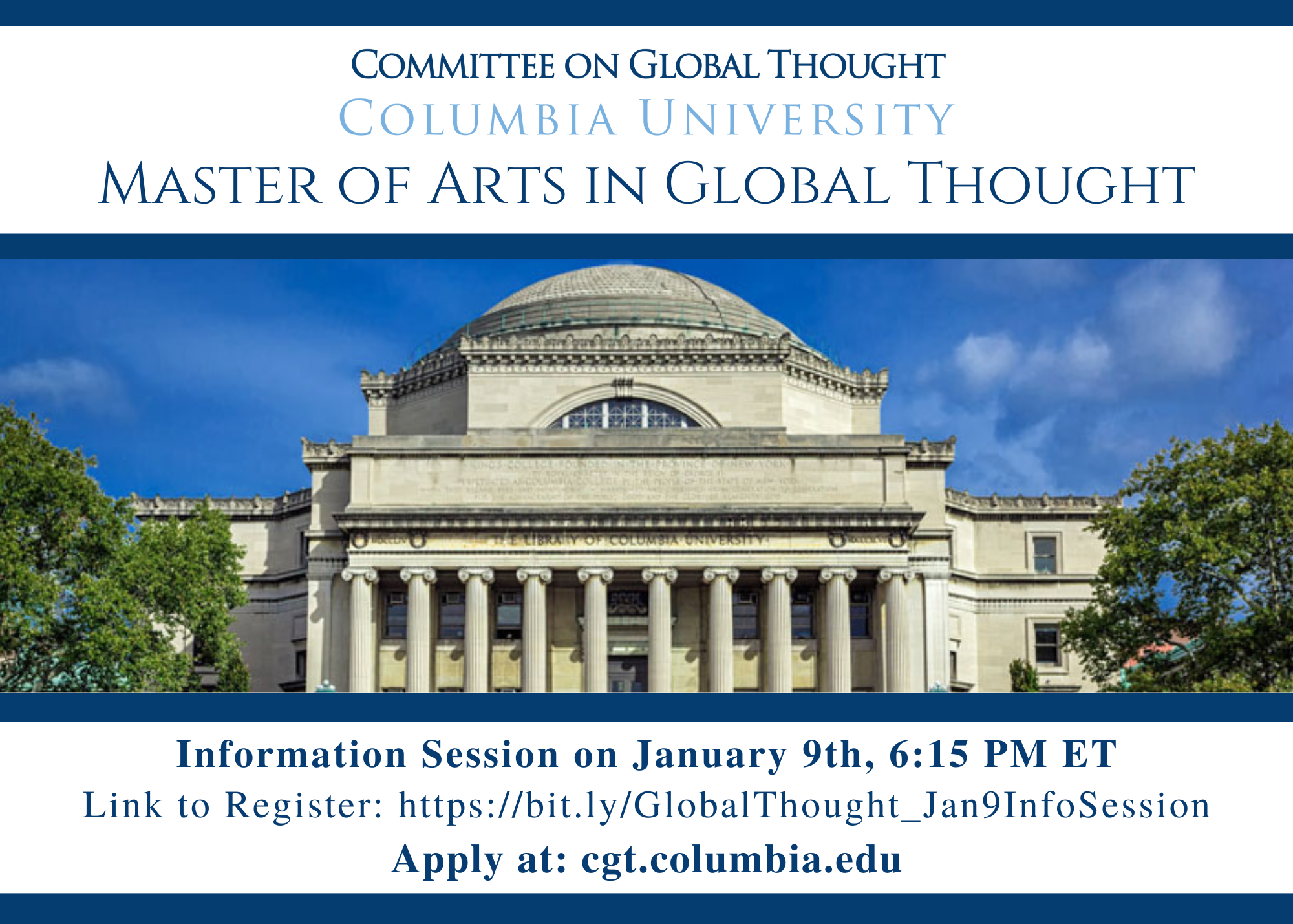Join the Committee on Global Thought for a conversation about the academic and professional aspects of the MA in Global Thought.
The Master of Arts in Global Thought takes an interdisciplinary approach to exploring critical global issues. This academic program challenges students to engage with new concepts and generate innovative questions as they examine the complexities of our interconnected and always evolving world. Students take courses taught by members of the Committee on Global Thought, an international roster of renowned scholars from across Columbia University. Accepted students begin the program in September and graduate the following May.
Cristina Aldeanueva: Class of 2023
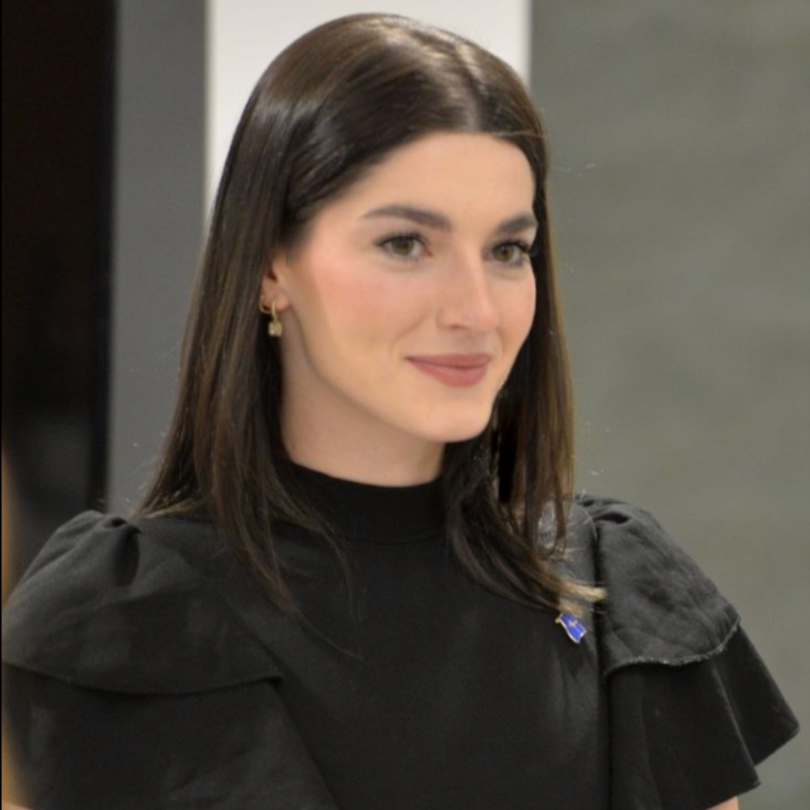
Cristina Aldeanueva is an Associate at the Krach Institute for Tech Diplomacy, a government adjacent organization specializing in the intersection of emerging technologies, national security, and foreign policy. Throughout her academic and professional experiences, Cristina has developed research areas in grey zone conflict, great power competition, and emerging technologies. Her research focuses on information and economic warfare.
Before joining the Krach Institute in May 2023, Cristina completed her MA in Global Thought at Columbia University Graduate School of Arts and Sciences where she completed her thesis analyzing changes in investment behaviors caused by new financial and social technologies. Prior to her graduate coursework, Cristina graduated summa cum laude from Trinity College in May 2022 with a major in International Studies and two minors in Economic History and Enterprise, and Russian Literature. Throughout her 4-years at Trinity, Cristina was a Coxswain on the Men’s Varsity Rowing Team.
Cristina is a dual citizen with the U.S. and Spain, and has native fluency in English and Spanish.
Junjie Ren: Class of 2021
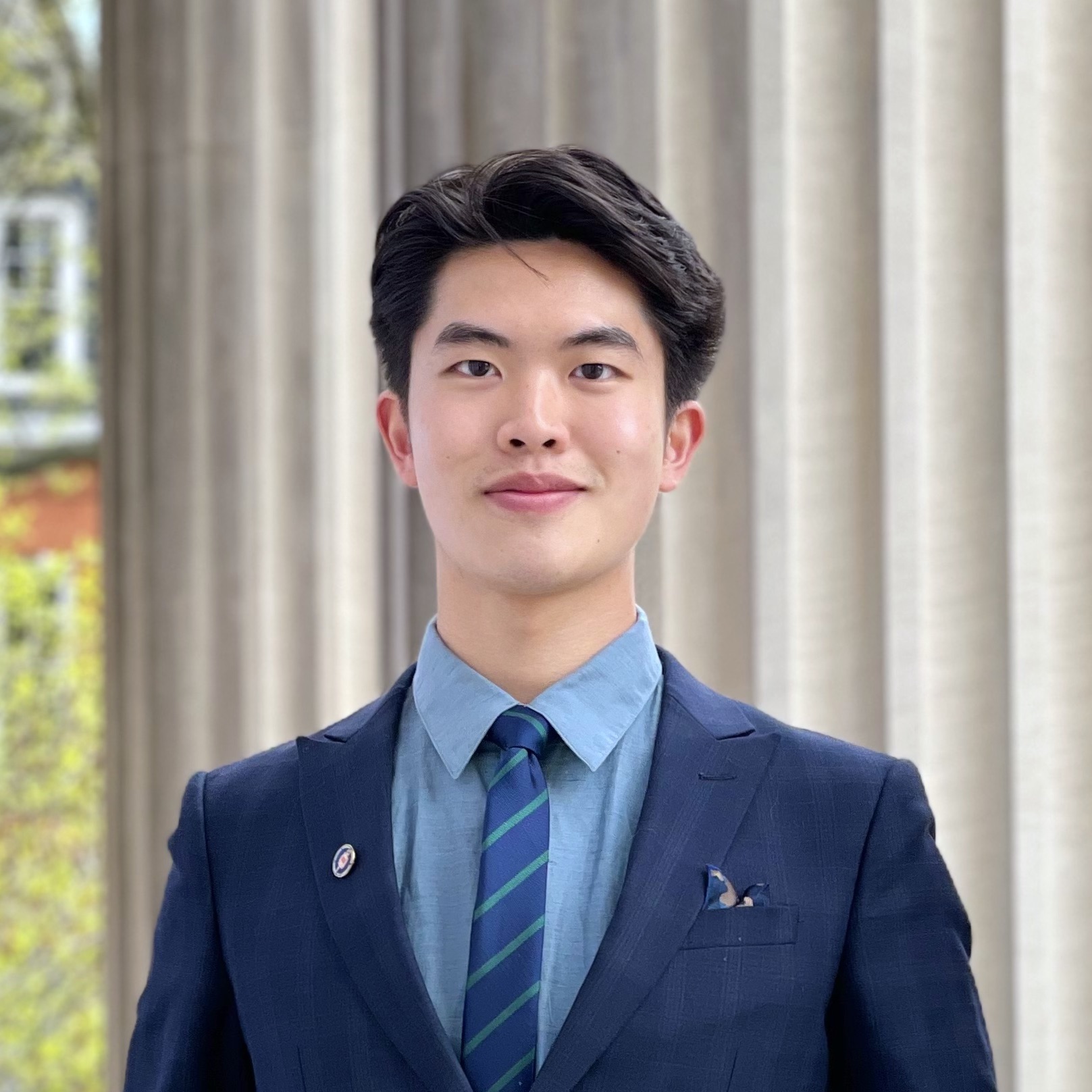
Junjie Ren is a Communications Manager, Global Economy and Development at the Brookings Institution in Washington D.C. He leads editorial and publication processes of key research products, while overseeing public and private events, multimedia content production, and external relations. He develops and executes communication strategies for initiatives such as sustainable development economics, global macroeconomic policies, trade, workforce development, gender, national and subnational sustainable development, and innovative tools to advance the Sustainable Development Goals. Junjie also serves as the Managing Editor of Brookings Future Development commentary series.
Before his time at Brookings, Junjie worked at the United Nations Capital Development Fund, working on financing solutions for Least Developed Countries, and had a stint at Economist Impact, public policy consulting arm of The Economist.
Junjie holds a B.A. (summa cum laude) in Environment, Sustainability, and Policy from the Maxwell School of Citizenship and Public Affairs at Syracuse University. He also double-majored in religion, graduating with Renée Crown University Honors.
Kevin Funk, Fellow in Global Thought, Committee on Global Thought
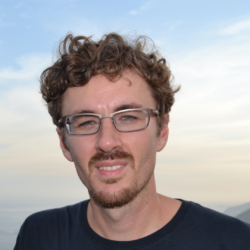
Kevin Funk is a Fellow in Global Thought. He is a political economist and Latin Americanist who specializes in globalization, the politics of Brazil and Chile, and urban studies. He is also interested in the sociology of academic knowledge production, cultural analysis, and qualitative and interpretive methods. Funk is the author of Rooted Globalism: Arab-Latin American Business Elites and the Politics of Global Imaginaries, which is forthcoming from Indiana University Press. His writings have also appeared in Journal of Cultural Economy, International Studies Perspectives, New Political Science, PS: Political Science & Politics, Journal of Politics in Latin America, and The Latin Americanist, as well as in numerous edited volumes. Funk received his Ph.D. in Political Science and Latin American Studies from the University of Florida. He speaks Spanish and Portuguese and has conducted extensive international fieldwork.
Sarah Miller-Davenport: Graduate Program Director
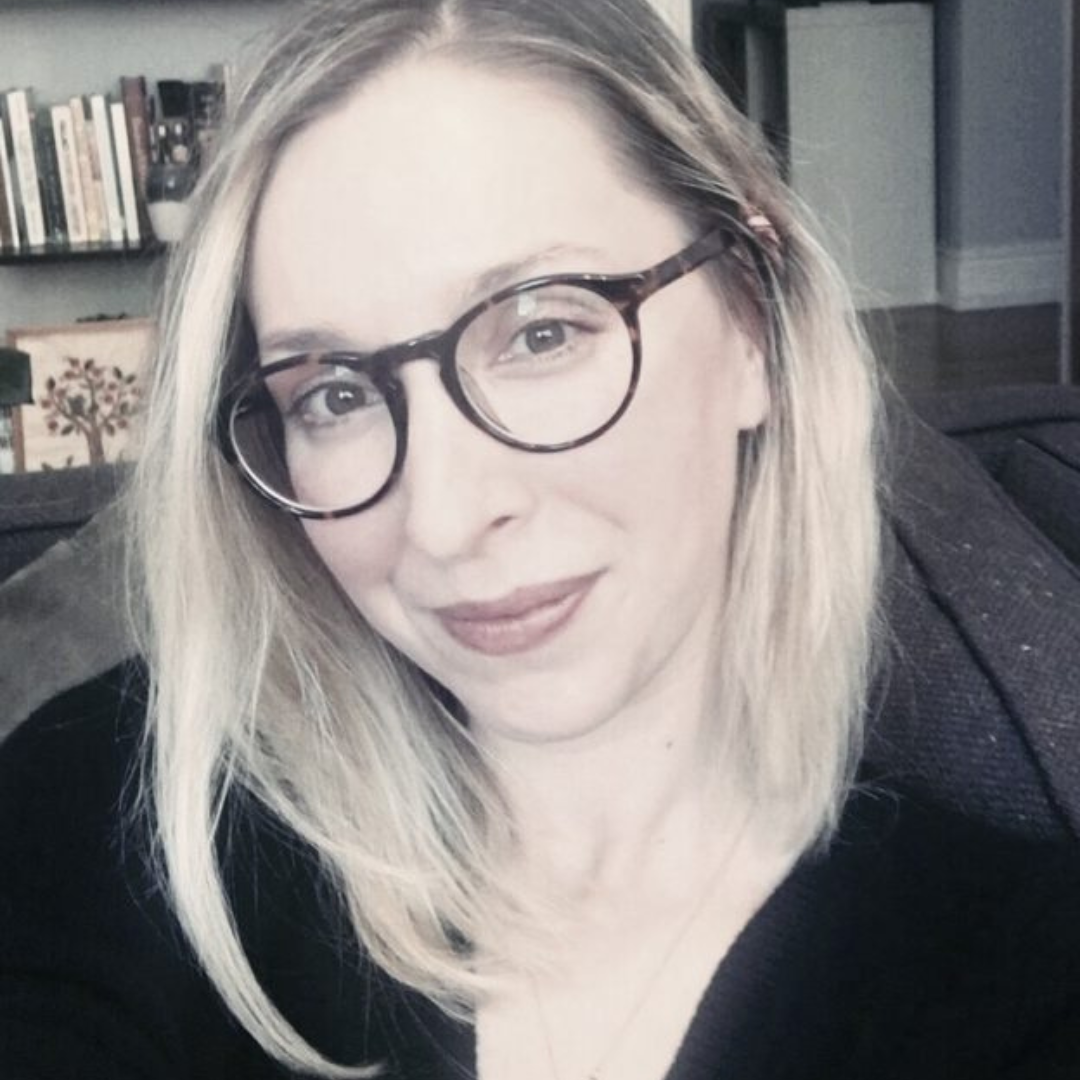
Dr. Sarah Miller-Davenport is a historian whose research and teaching focus on how the global circulation of ideas, people, and capital shaped American society in the decades after World War II, with a particular emphasis on how the local intersects with national and global scales of historical change. She is the author of Gateway State: Hawai‘i and the Cultural Transformation of American Empire (Princeton 2019). Prior to joining Columbia, Miller-Davenport was a Senior Lecturer in History at the University of Sheffield, and she has held fellowships at the New York Historical Society and NYU’s Urban Democracy Lab.
